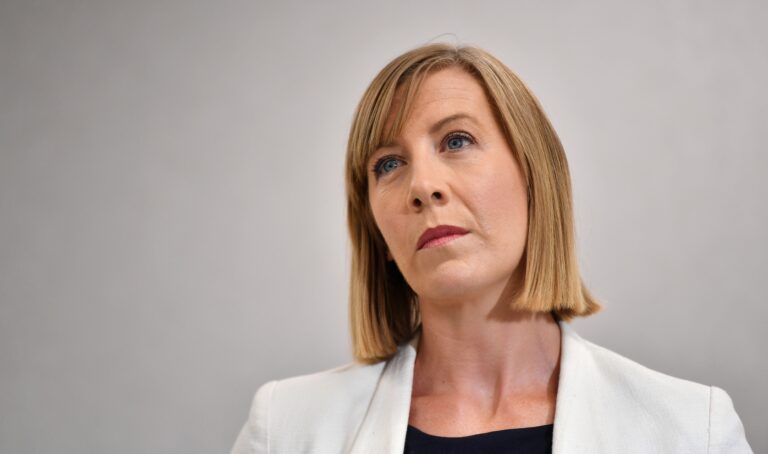
A life lost in vain

Last week the Afghan government released 65 suspected Taliban militants from prison. The US military, due to pull out of that benighted country by the end of this year, were outraged, of course.
US officials said the detainees were “directly linked” to attacks that killed or wounded 32 NATO troops as well as 23 Afghan soldiers and civilians. “The Afghan government bears responsibility for the results of its decision,” the US embassy said. “We urge it to make every effort to ensure that those released do not commit new acts of violence and terror.”
But President Karzai was unrepentant. “I hope that the United States will stop harassing Afghanistan’s procedures and judicial authority. Afghanistan is a sovereign country. If Afghan judiciary authorities decide to release prisoners, it’s of no concern to the US,” his spokesman said.
The Yanks have a lot of nerve blaming their former puppet. As the NATO presence vanishes, it’s clear the Taliban will inevitably move back into government. Of course, they mightn’t be exactly the same Taliban as they were when they skipped town twelve years ago, but history says they’re coming back. At the eleventh hour Karzai is trying to deal himself into some sort of role in the coming Afghanistan, if only to save his own life.
The story of the released Talibs ran big in the US media, but here it was blotted out by massive coverage of the posthumous award of the Victoria Cross to Corporal Cameron Baird. In Parliament they made a big thing of it and Tony Abbott got all choked up as he recounted the commando’s “heroic and repeated” attempts to attack a room containing six insurgents.
“Corporal Baird was the 40th Australian soldier killed in Afghanistan and, please God, the last,” Mr Abbott said. “We mourn them all. We grieve with their families”.
It was a sickening display of hypocrisy. Thirteen years later, the political parties that committed Australian soldiers to a pointless and counterproductive conflict, just to curry favour with the US, were standing shoulder to shoulder to bluff their way past the dismal consequences.
When the last digger left the main Australian base at Uruzgan, just before Christmas, Abbott asked himself aloud whether the war had been worth the price, but (because he was instrumental in the original decision to go in) inevitably concluded it was. “If you look at the benefits for our country, for Afghanistan, and for the wider world, then my conclusion is yes, it has been worth it,” he said.
It’s hard to know what’s worse: that Abbott actually believes what he says, or that he just fakes it for the sake of power. For Afghanistan (let alone the world) there have been no benefits.
When the US invaded Afghanistan, it had already been trashed three times since the old king, Mohammad Zahir Shah, was ousted in a republican coup in 1973. The Taliban had stabilised the country after the brutal conflict between the warlords who overthrew the mob who overthrew the king when the events of September 11, 2001 took place. The subsequent invasion of the country, supposedly to wipe out Al Qaeda, just dispersed the elusive and amorphous international jihadis. It was entirely predictable that the Taliban would just melt back into the mountains and the villages and launch a prolonged resistance.
Osama bin Laden, as it turned out, wasn’t there anyway. He was sheltering in plain sight no doubt with the knowledge of our allies in the Pakistan army. Before the last Australian soldier left Uruzgan, the US – with Australia in its wake – were allied with the same Al Qaeda types we’d run out of Afghanistan in the push that overthrew Gadaffi, with the predictable result that Libya too has fallen into warlordism, tribal warfare, and decline.
Twelve years of the conflict has cost Australia more than $7.5 billion. The US has shelled out US$468 billion. These are staggering sums of money – more than the Soviet Union bled in its long occupation. Had the US persisted with its attempts to have bin Laden extradited from Afghanistan, back in 2001, it would probably have succeeded. But George Bush was gung-ho for a war and John Howard was going to tag along no matter what. If they had lured the Taliban – who had, after all, stabilised and de-weaponised Afghanistan and ended the heroin trade – with just a few billions in aid with modest strings attached, none of this would have happened.
Afghanistan was followed by the invasion of Iraq, launched on the outrageously concocted premise that Saddam Hussein was sheltering al Qaeda and was prepared to, and capable of, launching attacks on Europe “within 40 minutes”. As a result of these irresponsible interventions, the world is, undeniably, an uglier and more unstable place. Corporal Baird’s life was lost in vain.









